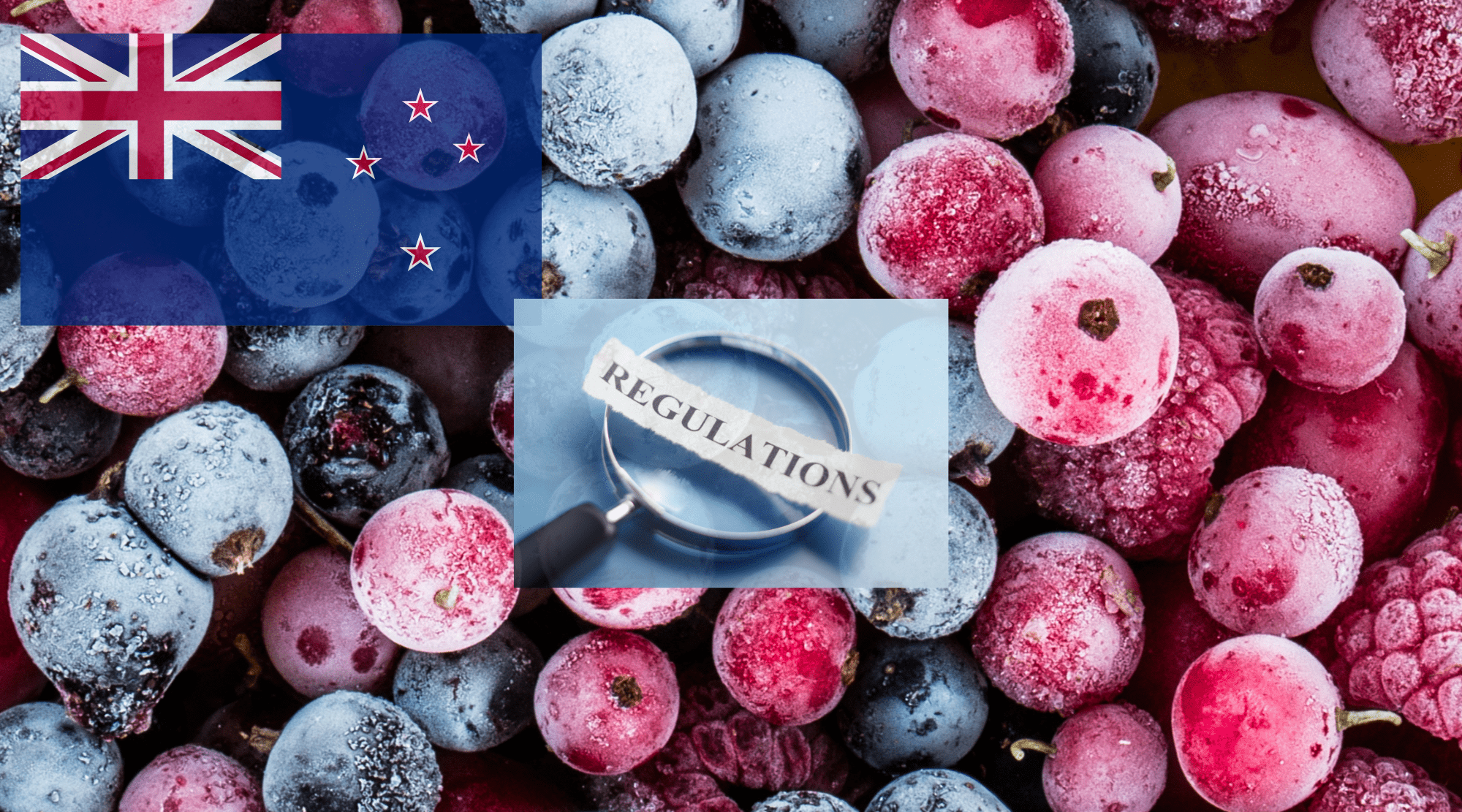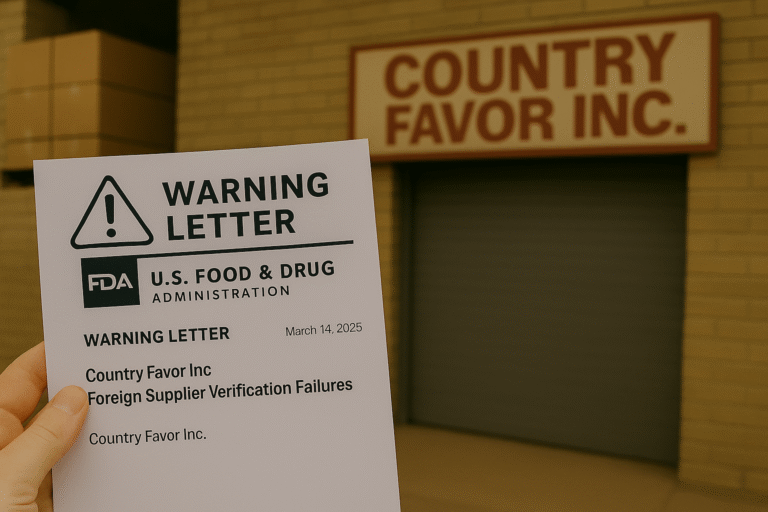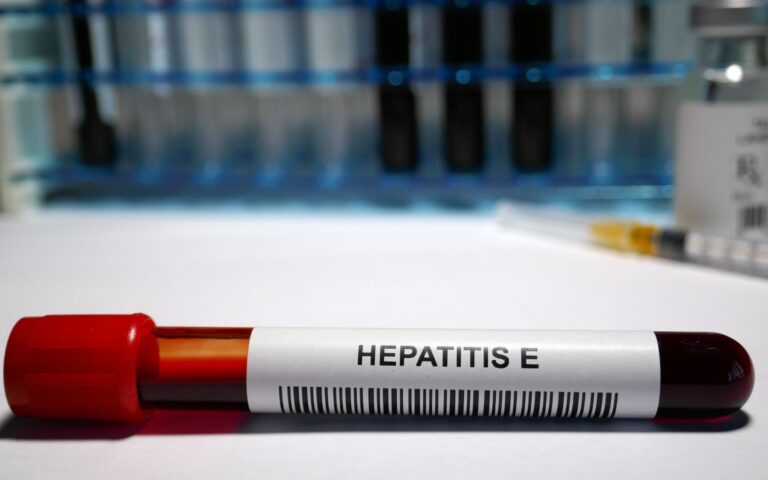New Zealand Food Safety has announced updated import regulations for frozen berries, effective August 1, with a transition period lasting until January 31, 2026. This initiative follows a hepatitis A outbreak linked to frozen berries from Serbia between 2022 and 2023, impacting 39 individuals.
Vincent Arbuckle, Deputy Director-General of New Zealand Food Safety, emphasized the necessity of improving food safety measures to mitigate hepatitis A risks associated with frozen berries. Notably, frozen berries have been reclassified as a High Regulatory Interest food, necessitating clearance for entry into the country.
The new regulations entail stricter requirements for manufacturers, including independent certification to ensure compliance with New Zealand’s standards. This includes official certificates meeting specific criteria or a Global Food Safety Initiative (GFSI)-recognized certificate, along with a manufacturer’s declaration.
Consultations held between October 2023 and January 2024 garnered support from stakeholders such as Foodstuffs New Zealand, Horticulture New Zealand, and United Fresh. Feedback favoured third-party certification options, although concerns were raised regarding the practicality of GFSI-recognized certification for primary production growers.
Australia’s Department of Agriculture, Fisheries and Forestry (DAFF) endorsed the proposed changes, while the United States requested clarification regarding FDA certificates for foreign governments. New Zealand Food Safety pledged direct communication to address these inquiries and ensure clarity moving forward.
Source: FSN
Reach out to Fresh Group Food Safety And Quality Consulting for any inquiries related to food quality and safety.




